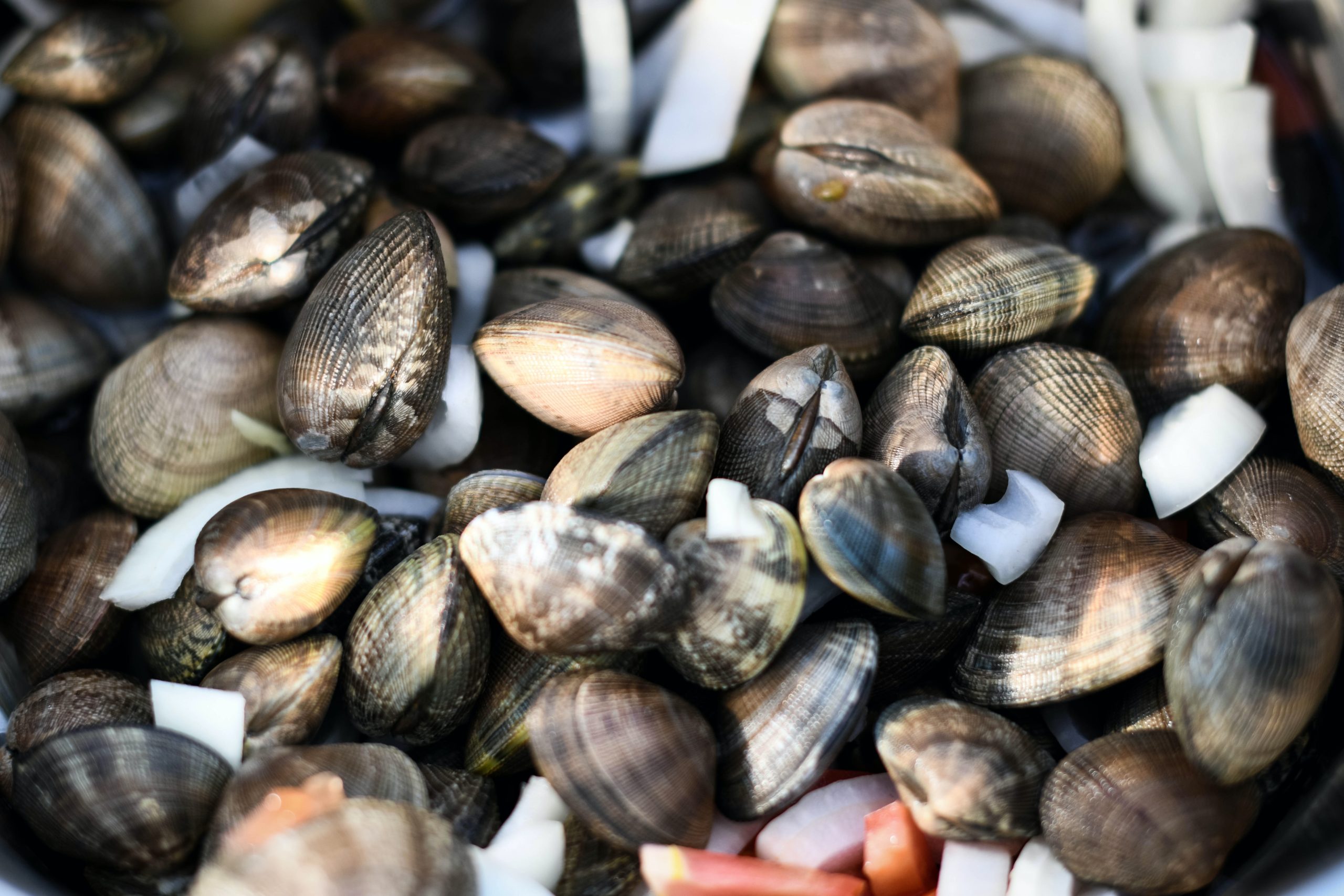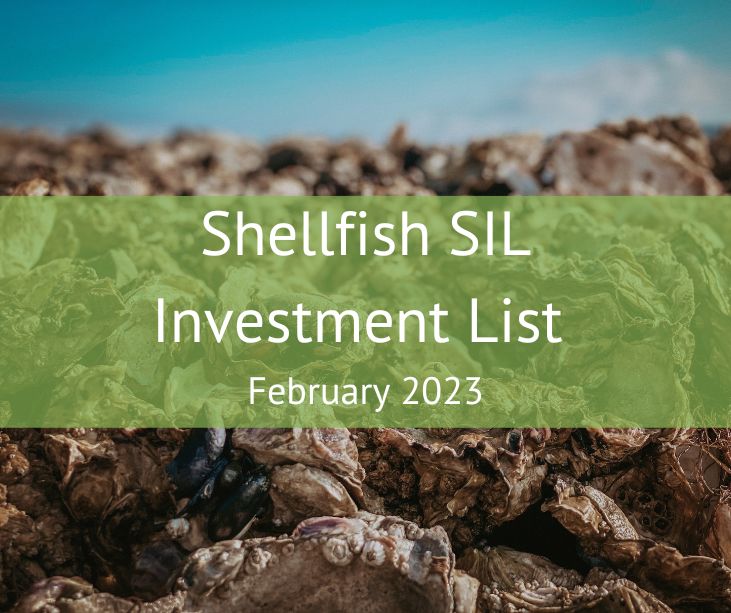More...
View the investment list here: Investment List for Shellfish Beds FFY21-22 Investment Priorities A-C.
This RFP focused on three investment priorities guided by the Shellfish Strategic Initiative Advisory Team (SIAT), referencing the Puget Sound Partnership’s 2022-2026 Action Agenda for Puget Sound, the Shellfish Beds Implementation Strategy, and EPA's Funding Guidance to the Strategic Initiative Leads. Investment priorities include:
- Fund, develop, implement, and establish effective local and tribal nations pollution identification and correction (PIC) programs.
- Effectively manage and control fecal pollution and disease-causing bacteria and viruses from onsite sewage systems (OSS).
- Advance technical assistance, education, and research to motivate agricultural land users to voluntarily reduce livestock/animal manure runoff, and support regulatory programs to effectively require compliance.
More information about these investment priorities is available in the FFY2021-2022 Strategic Initiative Lead Investment Plan. The awards total $5.5 million across 11 subrecipients. Proposals are funded through the Washington State Department of Health's Shellfish Strategic Initiative with EPA Puget Sound Geographic Funds.

Photo credit: Nicole Elliott
The Puget Sound nearshore is home to an amazing abundance of oysters, clams, mussels, and other bivalve molluscan shellfish. Shellfish provide tribal, commercial, and recreational shellfish harvest and form the basis of a multi-million-dollar industry that supports thousands of jobs. Shellfish in the Puget Sound are of cultural and historical significance and provide key ecosystem services.
The goal of this RFP is to support the important work around Puget Sound that is needed to keep human and animal waste out of the water- Improving marine water quality which will help restore and protect harvestable shellfish beds, ensuring shellfish are safe to eat.
Did you know?
About 16,000 acres of prohibited and conditionally approved shellfish beds in Puget Sound are closed to harvest due to nonpoint fecal pollution. The source of nonpoint pollution cannot be traced back to a single specific source. Surface water runoff from agricultural activities, pet waste, boater waste discharge, and onsite sewage systems are examples of sources that often contribute to nonpoint fecal pollution. Many ongoing programs, including local, tribal, and state, work to identify and correct nonpoint source pollution. This RFP supports this work.

